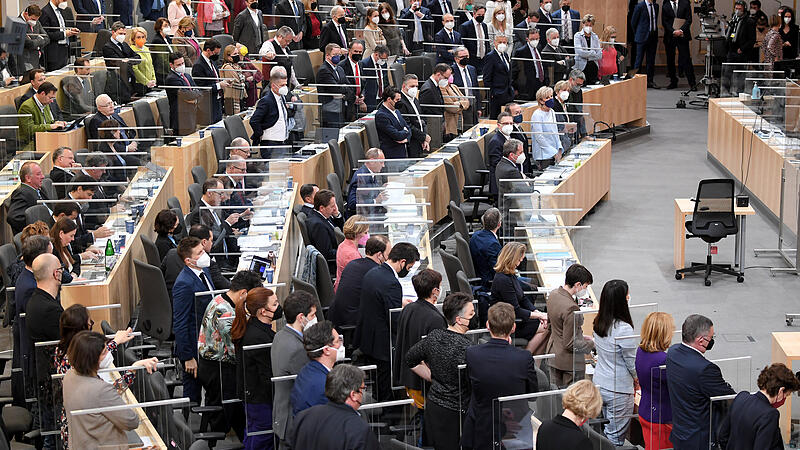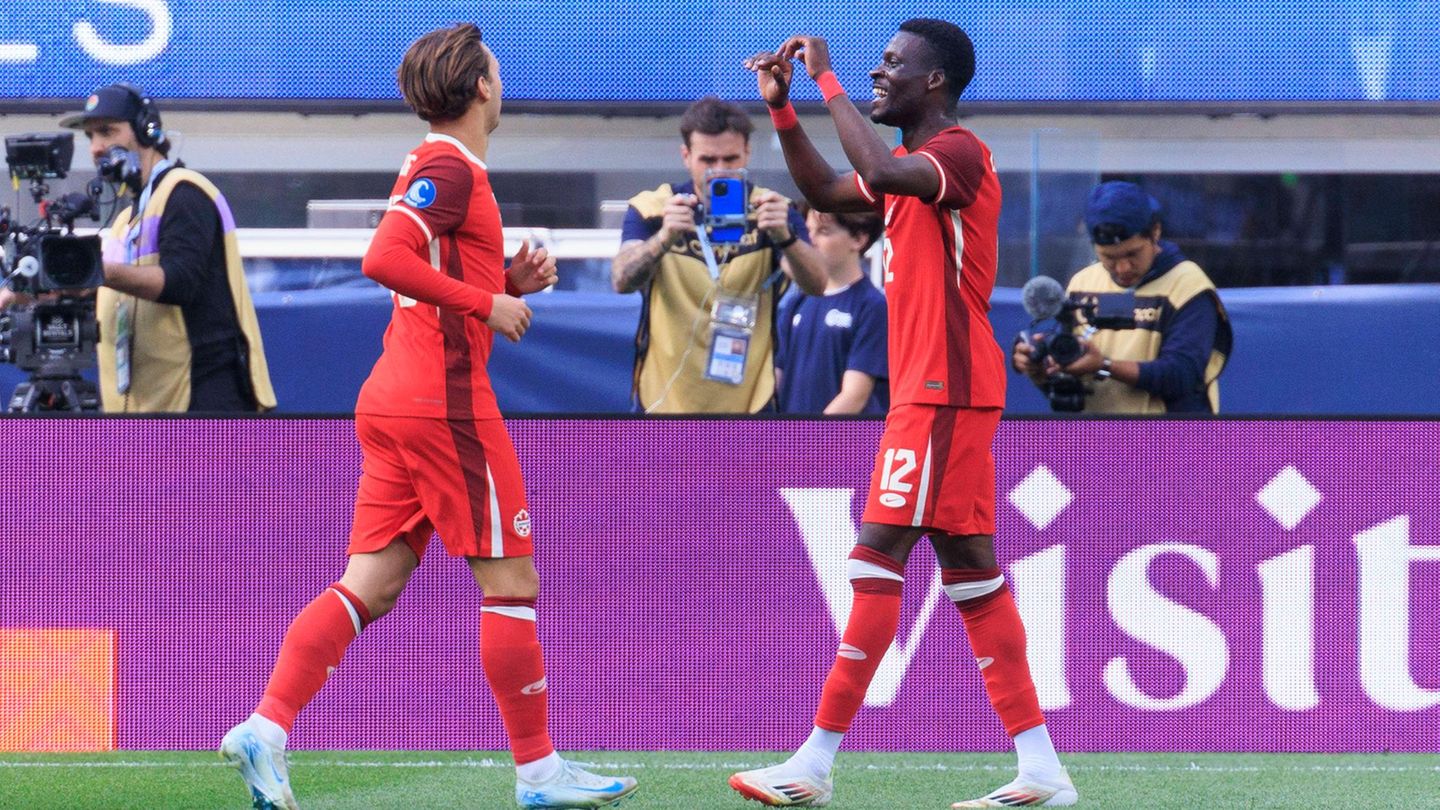The neutrality does not prevent the country from taking a clear position, stressed Chancellor Karl Nehammer (ÖVP) and Vice-Chancellor Werner Kogler (Greens). Both advocated further sanctions against Russia and stressed the need for a faster energy transition. Despite all the assurances, the SPÖ and FPÖ continued to criticize Nehammer’s statements on neutrality. The special session in the live stream:
This video is disabled
Please activate the categories Performance Cookies and Functional cookies in your cookie settings to view this item. My cookie settings
Nehammer emphasized that the path towards greater independence from fossil fuels had to be continued “even faster than planned”. The goal of energy independence is achievable. Kogler emphasized that accelerating the switch to renewable energy sources is also a safety policy: “It has never been shown to us like it is now.”
However, it is clear to both governing parties that it will not happen overnight. Kogler advertised a diversification of delivery destinations. With this in mind, Nehammer justified his recent visit to the United Arab Emirates and Qatar.
“Don’t be silent just because Austria is neutral”
The Chancellor also emphasized once again that there is a clear commitment to more spending on security policy. A comprehensive military national defense is needed, in terms of content, intellectually and economically.
Regarding Austria’s neutrality, Nehammer said that this means not looking away but looking at it. They have committed themselves to this at the UN: “We are a voice for the victims.” One will not withdraw and remain silent just because Austria is neutral.
Kogler stressed that military neutrality would remain. This offers Austria the opportunity to intervene as a mediator: “We can succeed in doing this if we stick to the old tradition of Austrian foreign policy and don’t hide behind individual economic interests.”
Both made it clear who caused the war: “It’s an invasion war, a comprehensive war against the people of Ukraine,” emphasized the Chancellor. President Vladimir Putin, as commander-in-chief of the Russian army, has it in his hands to end the suffering in Ukraine.
“We will not be intimidated”
The enemy that Putin identified is not Ukraine, not even NATO, Kogler believes: “It’s the way of life that Ukraine has opted for, the development towards a free democracy.” The Vice Chancellor also wants to make this known: “We will not remain silent and allow ourselves to be intimidated, rest assured.”
Above all, the opposition took the chancellor in the pincers. “Unfortunately, it took a while for you to come up with clear words,” said SPÖ chairwoman Pamela Rendi-Wagner on his commitment to neutrality. The statement that this had been “forced” on Austria by the Soviets was a “slap in the face to the founding fathers of our Second Republic”. Although Nehammer had ended the debate on neutrality of his own accord, the SPÖ called on him again: “Today you have the opportunity to put things right.”
Criticism and commitment to sanctions
FPÖ chairman Herbert Kickl again held Nehammer against his statements on neutrality – even if he takes a slightly different point of view on Ukraine. Although he condemned the “war of aggression” by Russia, because “it is perfectly clear to us that Russia’s military aggression cannot be accepted”. However, he was not satisfied with the role of the Austrian government, especially with the sanctions. “There can only be one solution and that solution must be found at the negotiating table and nowhere else,” said Kickl.
On the other hand, there was a commitment to the economic sanctions from the NEOS. It is now necessary, without compromise, to turn all the screws, said their boss Beate Meinl-Reisinger, who put additional pressure on, because: “What are we waiting for?” Human rights violations and war crimes are happening now. It is also important in the conflict to obtain clarification and to clearly name the aggressor “and that is Vladimir Putin”. In this regard, Meinl-Reisinger recalled Austria’s “terrible policy of appeasement” towards Russia in the past.
Source: Nachrichten




